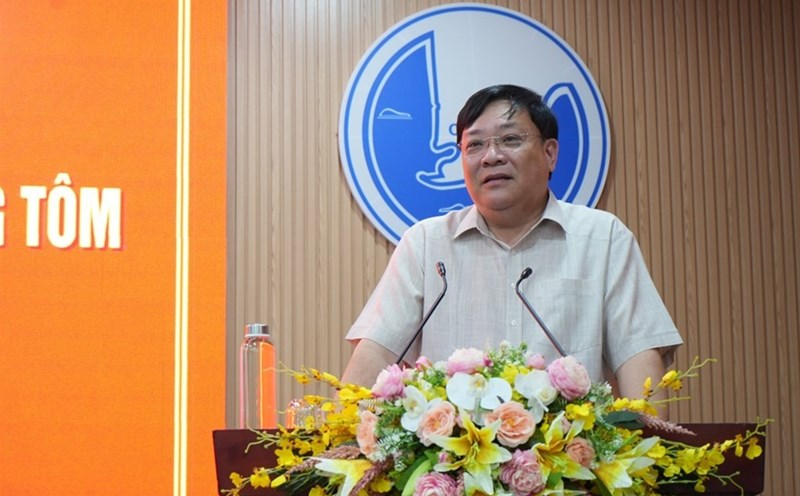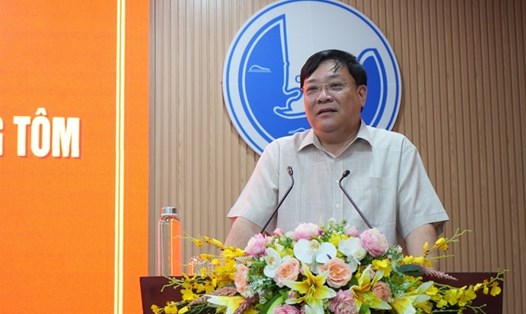Diversifying the market
In the context of increasingly deep international economic integration, finding new markets, diversifying trade partners and attracting investment is one of the top priorities of businesses. Ho Chi Minh City also supports businesses to connect and trade, boost exports to markets such as Singapore, Belarus, India, etc.
Mr. Cao Xuan Thang - Trade Advisor, Head of the Vietnam Trade Agency in Singapore said that Vietnam's main export items to Singapore include machinery, equipment, mobile phones, components and spare parts of all kinds, garments, rice and grains, vegetables and fruits...
The space to export food items from Vietnam to the Singapore market is still very large. Therefore, it is necessary to strengthen activities to support businesses in connecting trade and boosting exports to this market" - Mr. Cao Xuan Thang said.
According to Mr. Nguyen Nguyen Phuong - Deputy Director of the Department of Industry and Trade of Ho Chi Minh City, the world economic situation still has many potential fluctuations, causing exports to face increasingly increased competitive pressure. In order to support businesses in this context, Ho Chi Minh City has actively worked with foreign partners to attract the attention of international businesses, especially from large markets such as China. The Department also has solutions to accompany businesses, support businesses to continue to stabilize and speed up production and business, and boost exports.
Diversifying export markets will help businesses mitigate risks from fluctuations in international markets, while gradually achieving increasingly high export targets in the future.
There needs to be a policy to "resolve difficulties"
Ms. Ly Kim Chi - Chairman of the Ho Chi Minh City Food and Foodstuff Association - said that businesses are investing in innovating machinery to serve both domestic and export markets. For the food industry, with 70% of raw materials originating domestically, this is a great advantage to help businesses optimize costs and be proactive in production.
Currently, the trend of scale expansion is increasingly popular, with more than 50-60% of commodity processing enterprises forced to expand production. However, land funds in Ho Chi Minh City are not enough to meet the needs of businesses, and prices are expensive, causing many businesses to move and build factories in Binh Duong, Long An, etc.
Allarmingly, many food businesses are tending to relocate to other provinces and cities due to more favorable administrative procedures, cheap land prices and abundant labor. Faced with this situation, Ho Chi Minh City plans to develop a separate industrial park for the food industry" - Ms. Ly Kim Chi said.
In addition, the application of green technology is a big challenge for businesses. However, if they do not meet global standards, especially the US and European markets, businesses will have a hard time penetrating.
To achieve these standards, businesses must invest significantly in machinery and technology, while the application process requires many strict requirements. Therefore, support from State policies is necessary to help businesses deploy technology effectively.











